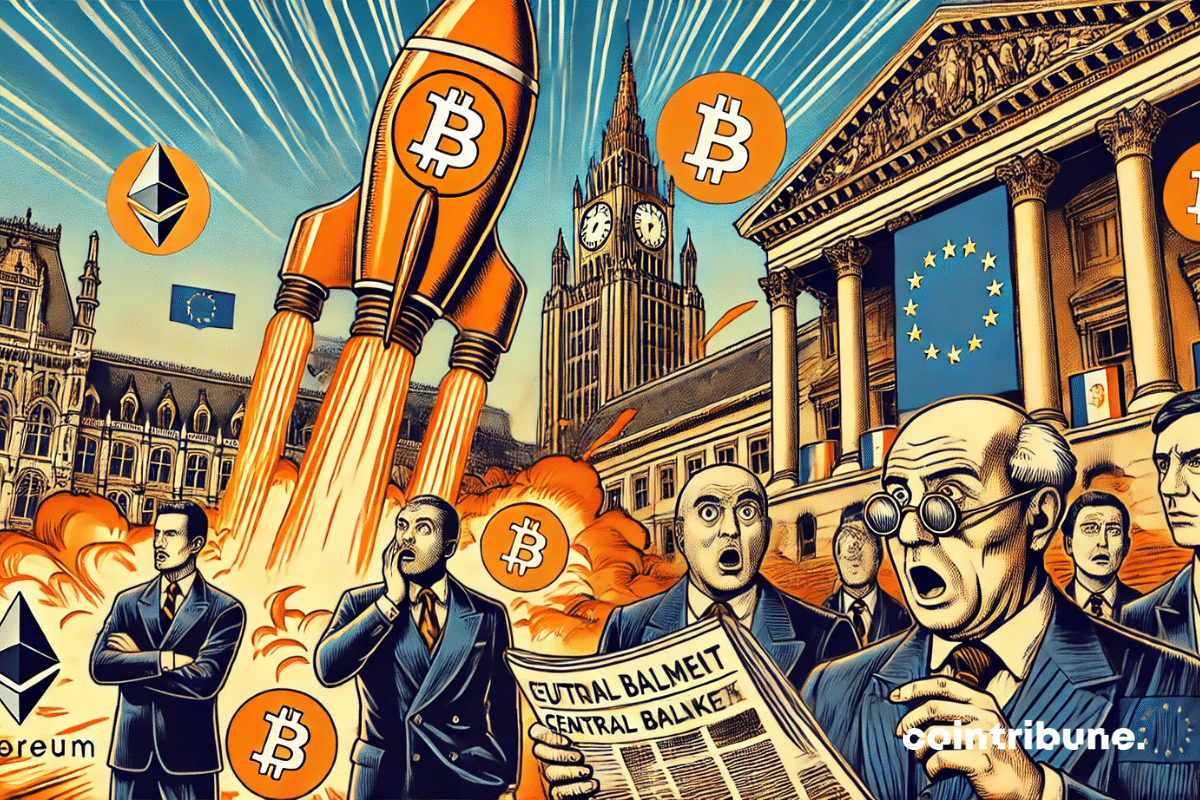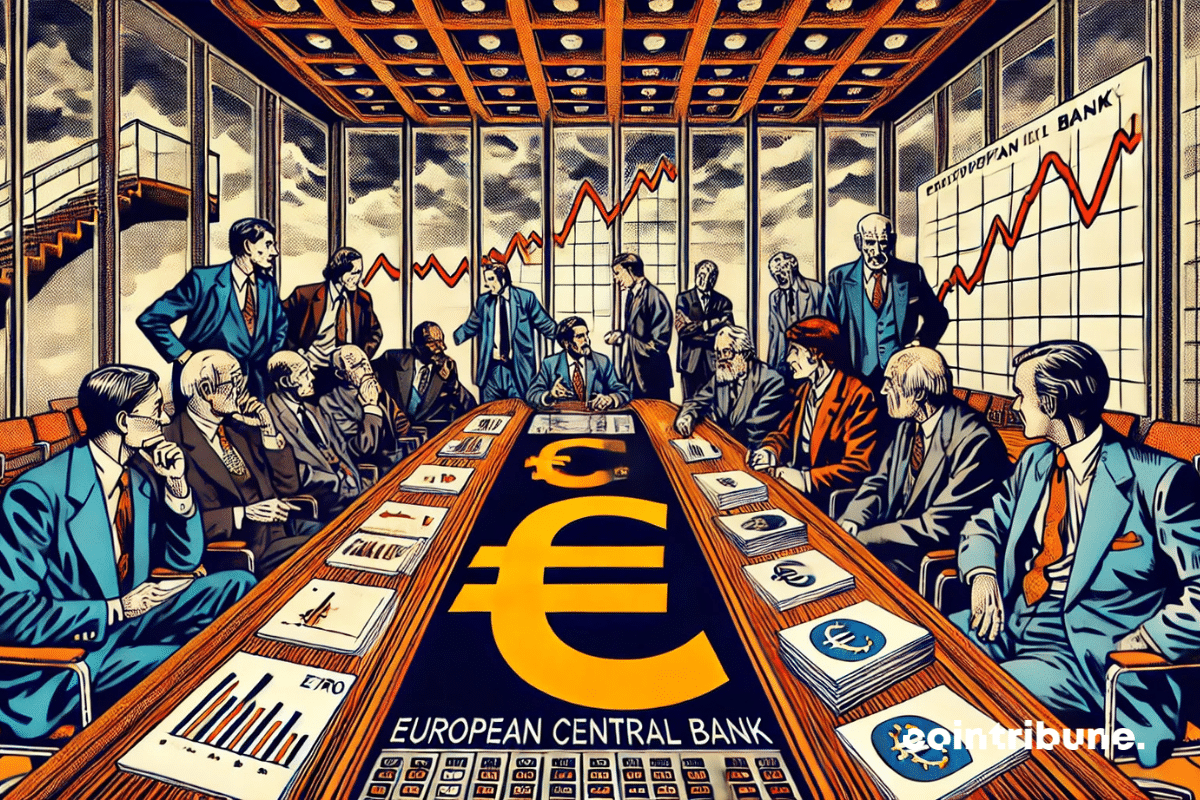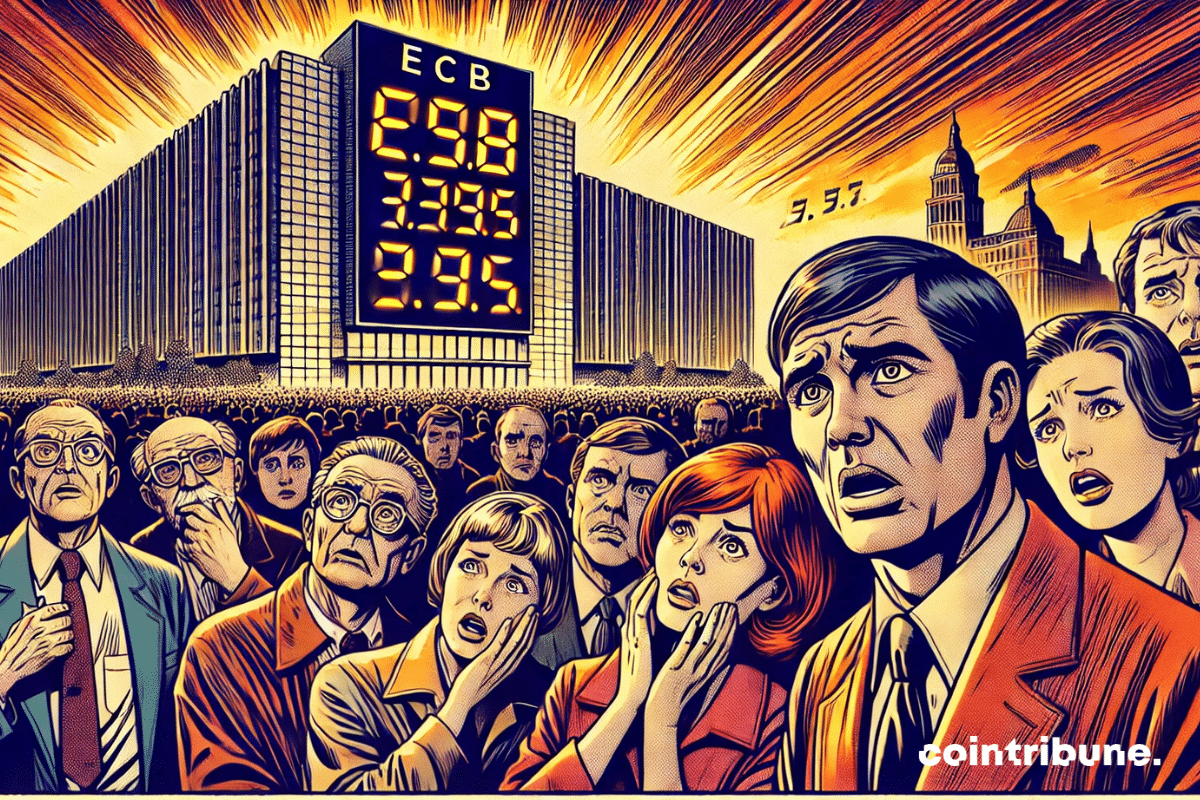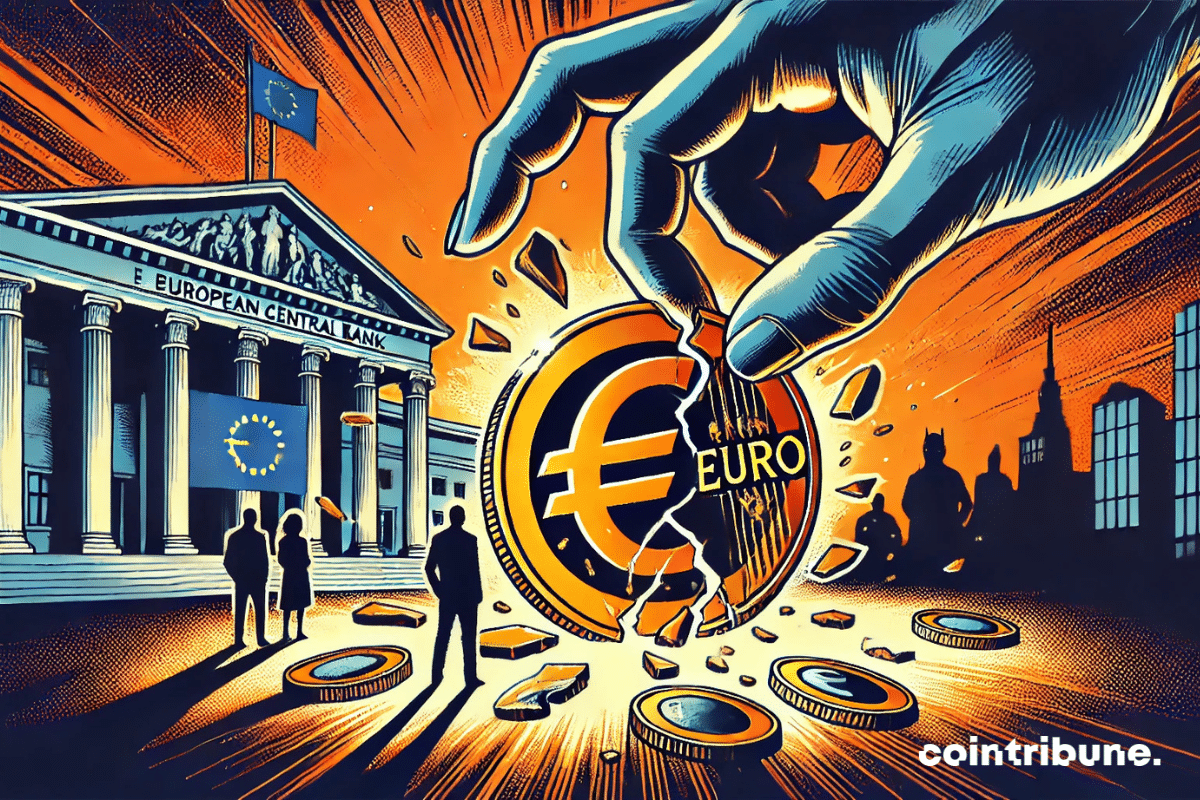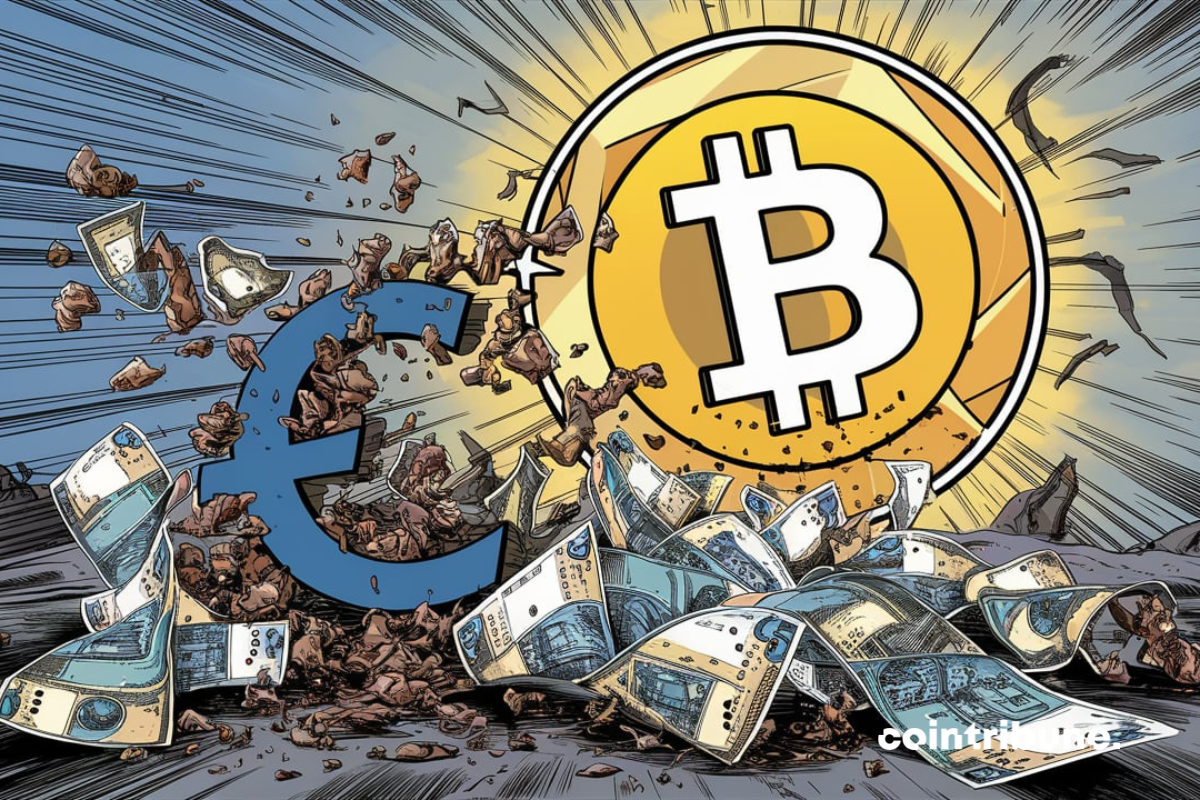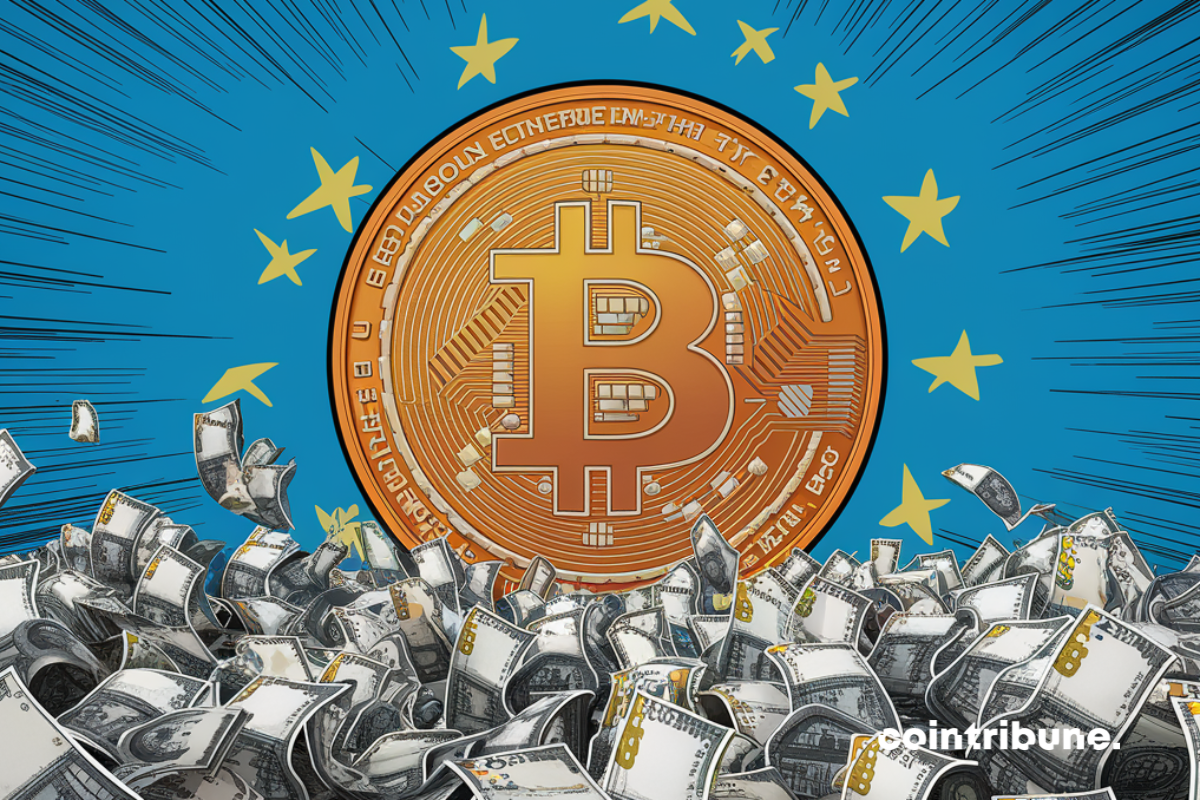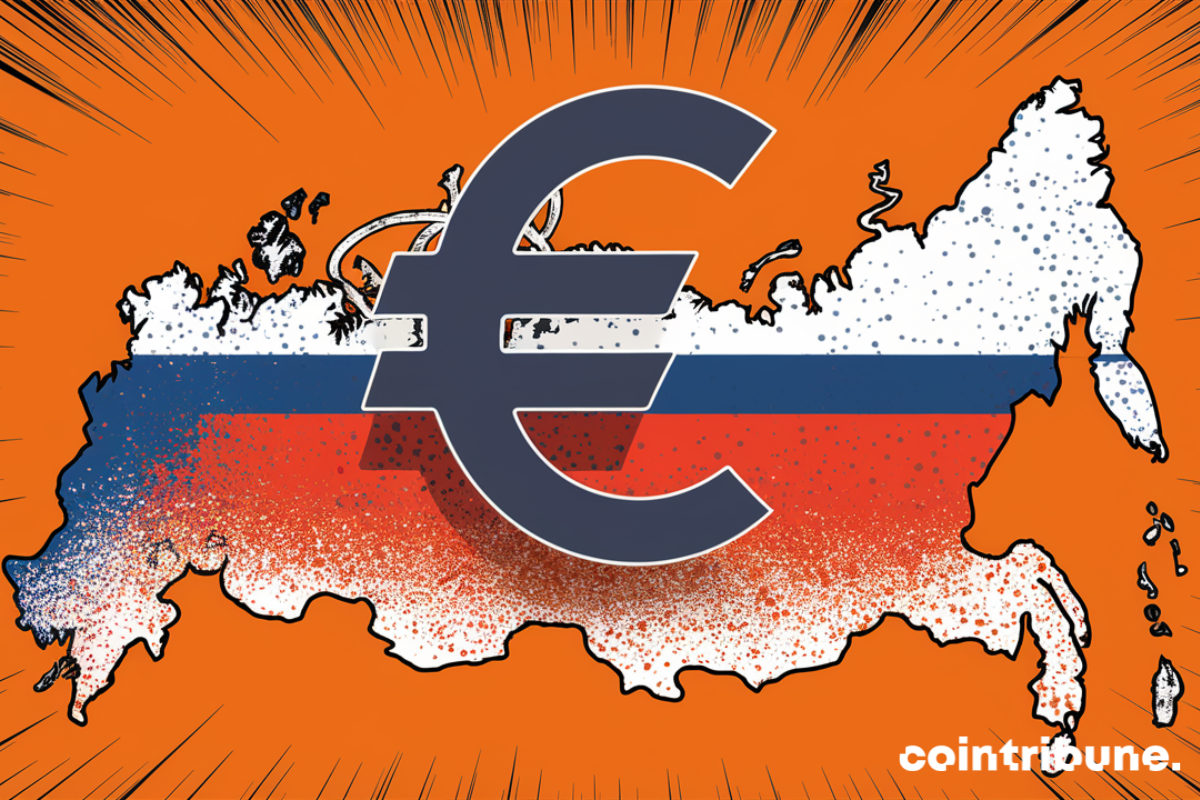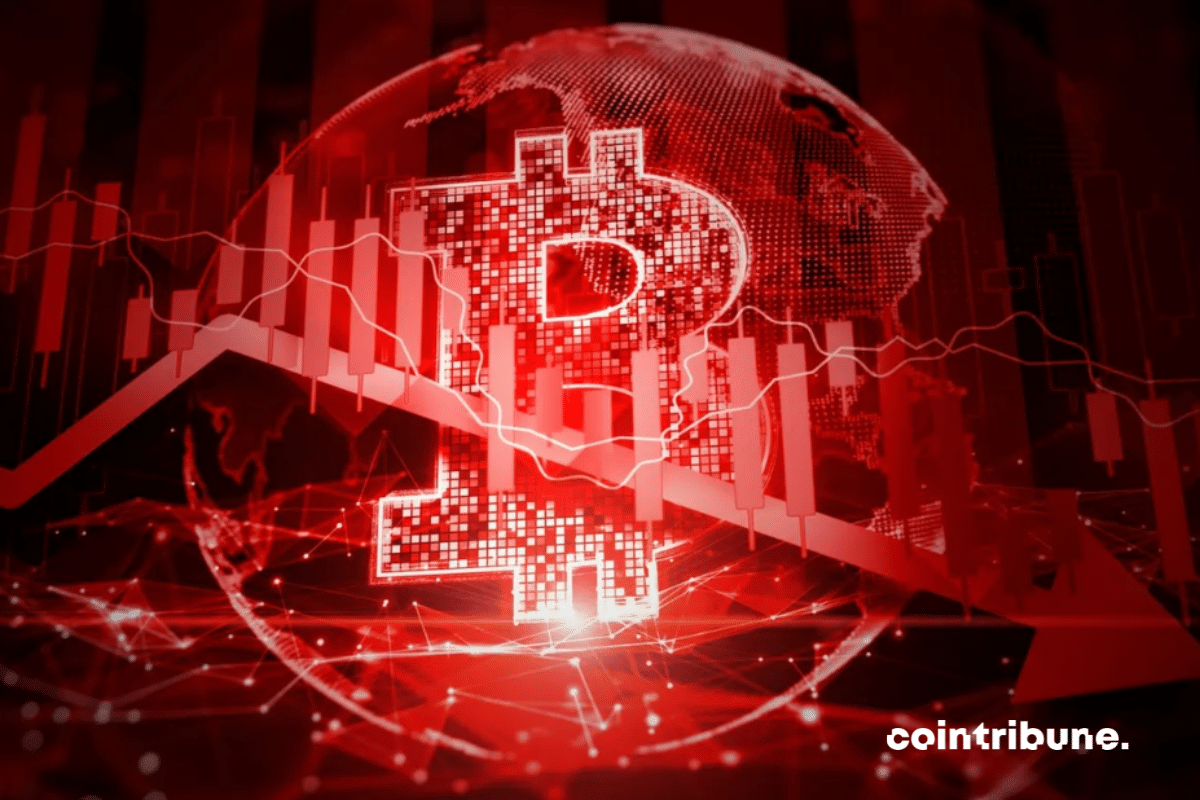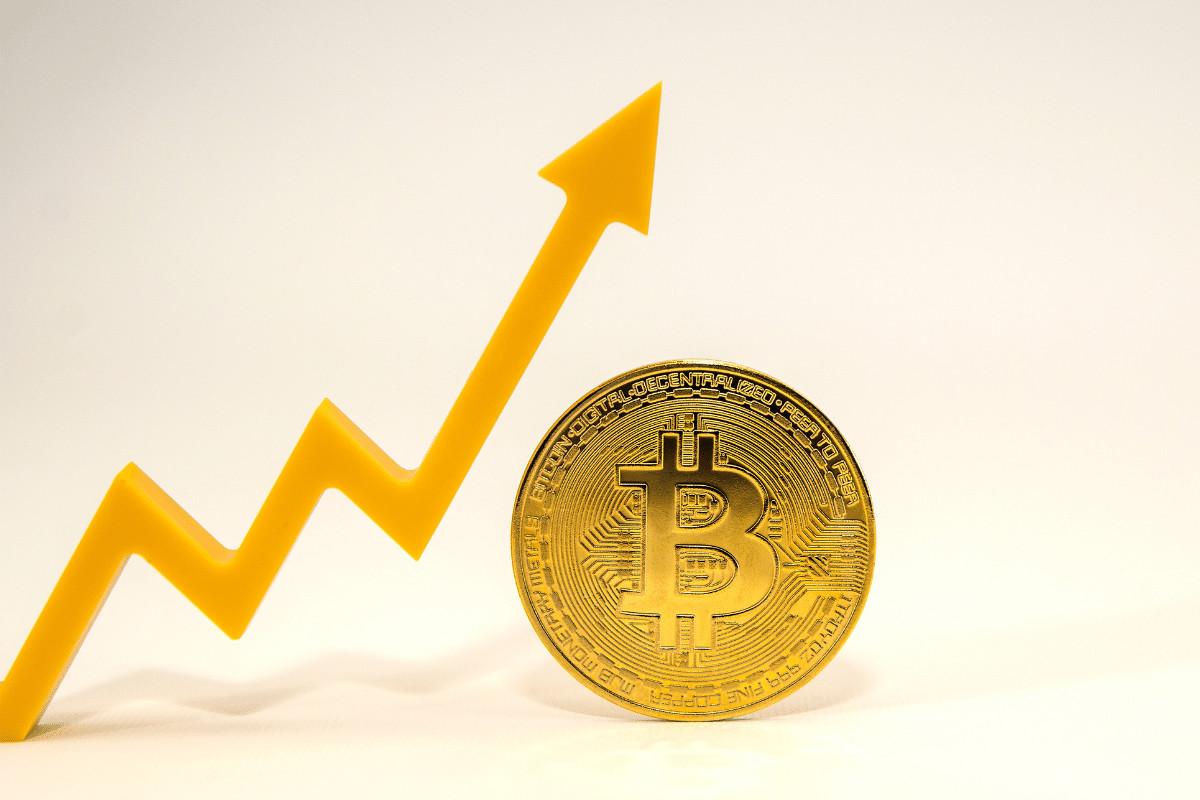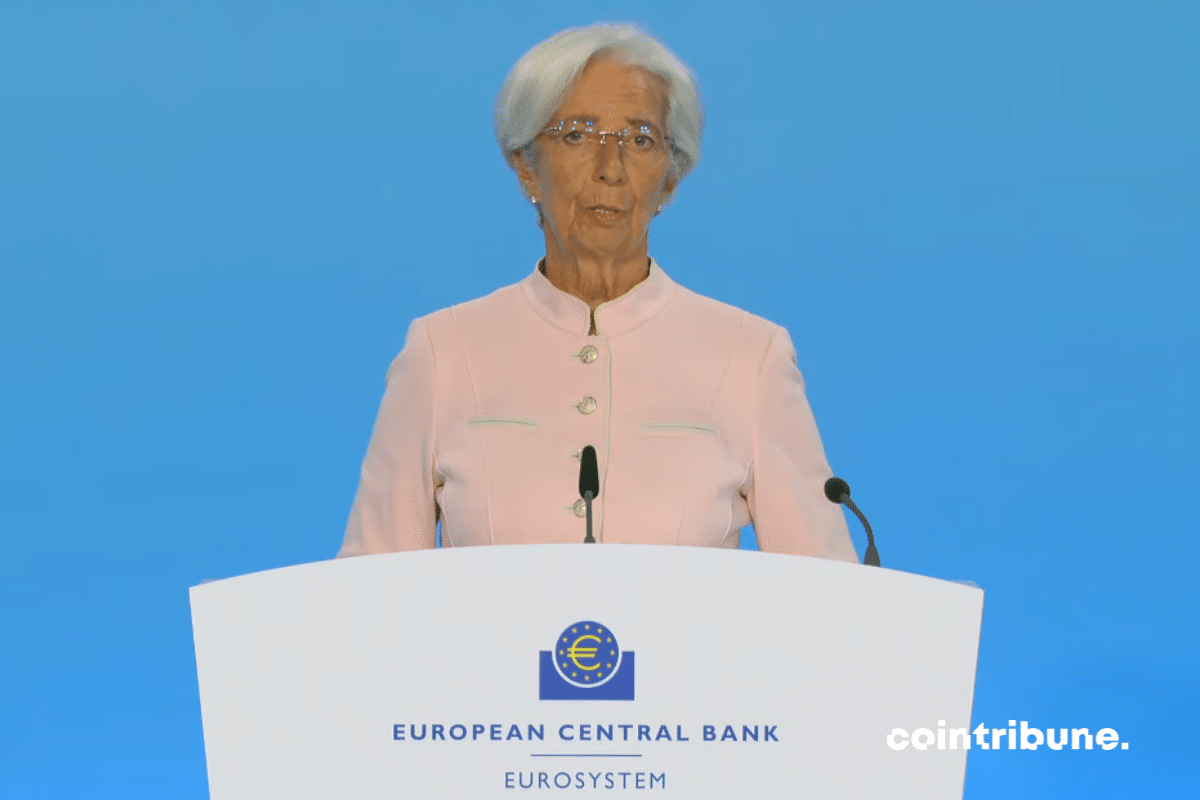Central bank digital currencies would eliminate all privacy, but few seem to care. Fortunately, there will always be Bitcoin.
European Central Bank (BCE)
A recent study conducted by Bitpanda reveals a significant gap between the offerings of European financial institutions and the actual needs of cryptocurrency investors. Less than 20% of banks currently provide services related to digital assets despite a strong increase in demand.
European economies are facing a worrying reality: a public debt that keeps rising. While budget stability is supposed to be a priority for governments, several countries in the European Union now show debt levels that far exceed 100% of their GDP. This situation raises questions about macroeconomic risks and the potential consequences for financial markets.
The integration of bitcoin into the reserves of central banks deeply divides economic actors. On one side, some governors advocate for a diversification of assets to adapt monetary strategies to a changing world. On the other, the European Central Bank (ECB) takes a firm stance and categorically rejects any legitimacy of bitcoin as a store of value. This debate has taken on a new dimension following Christine Lagarde's statements. When asked at a press conference, the ECB president abruptly dismissed speculation, asserting that bitcoin did not meet any of the required criteria to be included in the central banks' reserves: "liquid, safe, and secure." This stance contrasts with that of the governor of the Czech National Bank, Aleš Michl, who is open to the idea of exploring new asset classes. This growing divergence illustrates the rift between a conservative approach to the financial system and a more pragmatic vision, championed by some decision-makers who seek to anticipate upcoming monetary transformations.
Transatlantic relations are experiencing a period of heightened tensions, marked by Donald Trump's return to the American presidency. In this context, Isabel Schnabel, a prominent member of the Executive Board of the European Central Bank (ECB), has sounded the alarm. She claims that a trade war between the European Union and the United States is "highly probable," due to the protectionist policies already announced by the American administration. If these measures, including high tariffs on European imports, were to materialize, they could destabilize the global economy. This threat, which particularly targets key sectors in the euro area, poses critical challenges for the future of international economic relations.
Inflation in the eurozone continues to receive close attention as markets monitor the release of December's figures. According to FactSet estimates, consumer prices are expected to rise by 2.4% year-on-year, up from 2.2% in November. This increase, although moderate, raises questions about the path the European Central Bank (ECB) is set to take. On one hand, some investors are betting on a rapid monetary easing, convinced that inflation will gradually return to the ECB's target of 2%. On the other hand, the sustainability of underlying inflation at 2.7%, fueled by rising prices of services and food products, urges the central bank to exercise caution. As the ECB prepares for its first meeting of the year on January 30, the balance between supporting the economy and controlling prices looks particularly delicate.
The European economy is going through a period of instability where geopolitical tensions are intertwined with a significant slowdown in growth. In this uncertain context, the European Central Bank (ECB) is faced with a major challenge: to reconcile the need to contain inflation with the urgency of revitalizing a weakened economy. To address these issues, the institution led by Christine Lagarde announced a new reduction in its key interest rate, lowered by 25 basis points to 3%. This decision, the third of its kind in six months, reflects a gradual and cautious approach. However, this choice triggers criticism. While some praise the continuity of this policy, others point out a lack of boldness, and even argue that more ambitious measures would be necessary to stimulate consumption and investment.
Discover the hidden aspects of the ECB's digital euro project, scheduled for 2025, and its implications for the future.
The French deficit is exploding! A parliamentary investigation committee is examining the causes of this slip-up. While France seems to be sinking into an unprecedented spiral of debt, Macron appears to be the sole responsible for this ruin.
The European Central Bank (ECB) recently published a controversial report on Bitcoin, sparking intense reactions within the crypto community. The institution claims that early holders of the crypto would benefit from newcomers, calling for strict regulation, even a ban.
The former president of the European Central Bank, Mario Draghi, has just delivered a crucial report on the future of the European Union's economy. This document, eagerly awaited by observers, presents an alarming assessment and proposes bold solutions to revitalize the competitiveness of the Old Continent.
The European Central Bank has once again lowered its key interest rate. The increase in the money supply will accelerate again. Good news for Bitcoin.
The ECB must manage political and economic uncertainties to adjust interest rates and satisfy European investors.
Saudi Arabia has joined the mBridge international payment system project. Another step towards the end of the petrodollar and bitcoin...
The ECB has published its annual report on the international status of the euro. Will it soon compete with Bitcoin in foreign exchange reserves?
The European Central Bank has just begun lowering interest rates. Very good news for Bitcoin.
Saudi Arabia and other nations like Indonesia warn Europe against seizing Russian foreign reserves. Bitcoin on standby.
Latest news reports suggest that the European Union (EU) is planning to implement strict measures to regulate Bitcoin (BTC) mining activities in the old continent. It appears that the proposed regulation could potentially lead to a complete ban on these crypto operations. Explanations.
The European Central Bank asks banks to monitor social networks to anticipate bank runs.
Asked on Twitter, the ECB considers it highly unlikely to ever acquire bitcoin. However, the idea is gaining ground in the United States.
While the ECB is preparing to launch a digital euro, bitcoin continues to grow. These two currencies are competing and you will make a choice.
Since January 2023, bitcoin (BTC) has experienced several breakthroughs that have caused its value to skyrocket. The asset has repeatedly reached the $30,000 mark. A resistance level that it vigorously broke through to reach the $40,000 mark, double its price at the beginning of the year. The asset is currently trading around $43,655 after a 4.52% increase in the last 24 hours. Bitcoin (BTC) is showing a level of dynamism that we haven't seen in several months. However, in this context, some financiers believe that all the hype surrounding the flagship cryptocurrency is biased. Let's see in the following lines what this is all about.
Will the ECB stop raising its key interest rate soon? Some governors hope so.

